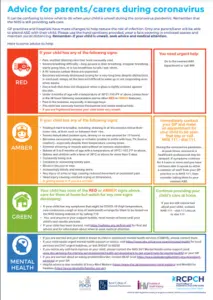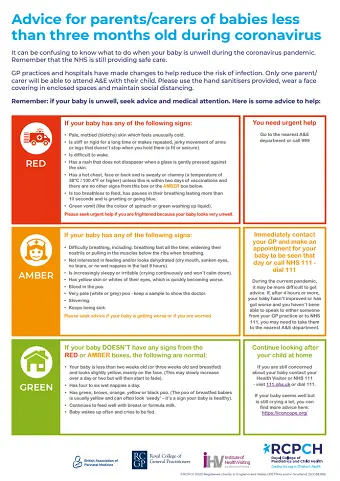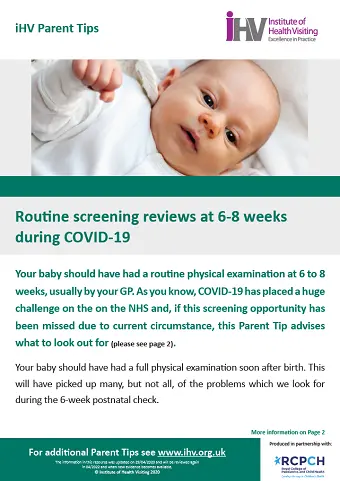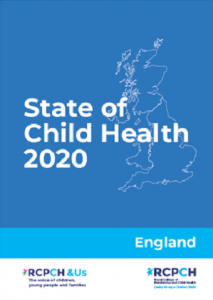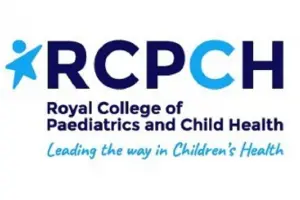New policy report published today by the Royal College of Paediatrics and Child Health (RCPCH), “From left behind to leading the way”, offers a blueprint for transforming child health services in England.
“Children’s health services could lead the way as part of a transformed health service”.
This important RCPCH report emphasises the urgent need to prioritise children’s health services in the UK. The report shines a light on the chronic underinvestment in children’s health services, challenges faced by children, and the importance of equitable access to healthcare. The report advocates joint working between primary care and paediatric teams, and a Child Rights-Based Approach in planning and delivering health services. It stresses the significance of recognising children as a distinct group with specific health needs and calls for increased investment, workforce strategies, and national oversight to ensure sustainable child health services.
The key role of health visiting services is highlighted and, in particular, the services’ role in crucial areas related to child health and wellbeing. The impact of cuts to health visiting services on children’s health outcomes are reported, including recognition that “many families have been left without the early support that they need”. The report advocates the importance of health visitors in addressing the rising trend of 0-4-year-olds attending Emergency Departments and references our iHV report.
The RCPCH report considers health visiting as a crucial component of child health services, promoting the health and wellbeing of babies, children, young people and their families. It highlights the need to reinvest in health visitors and school nurses to provide earlier help for children and families and reduce reliance on specialist or urgent health services when not needed.
Vicky Gilroy, iHV Director of Innovation and Research, said:
“The iHV welcomes this comprehensive report from the RCPCH and the recognition of the importance of the role of health visitors as a central component of child health services. The need to reinvest in the crucial role of health visitors should not be underestimated. The impact of the reduction in health visiting services provision over the last decade has a direct impact on child health outcomes. There is an urgent need to prioritise child health and address the needs of babies and young children. Ultimately, we need more health visitors.”


